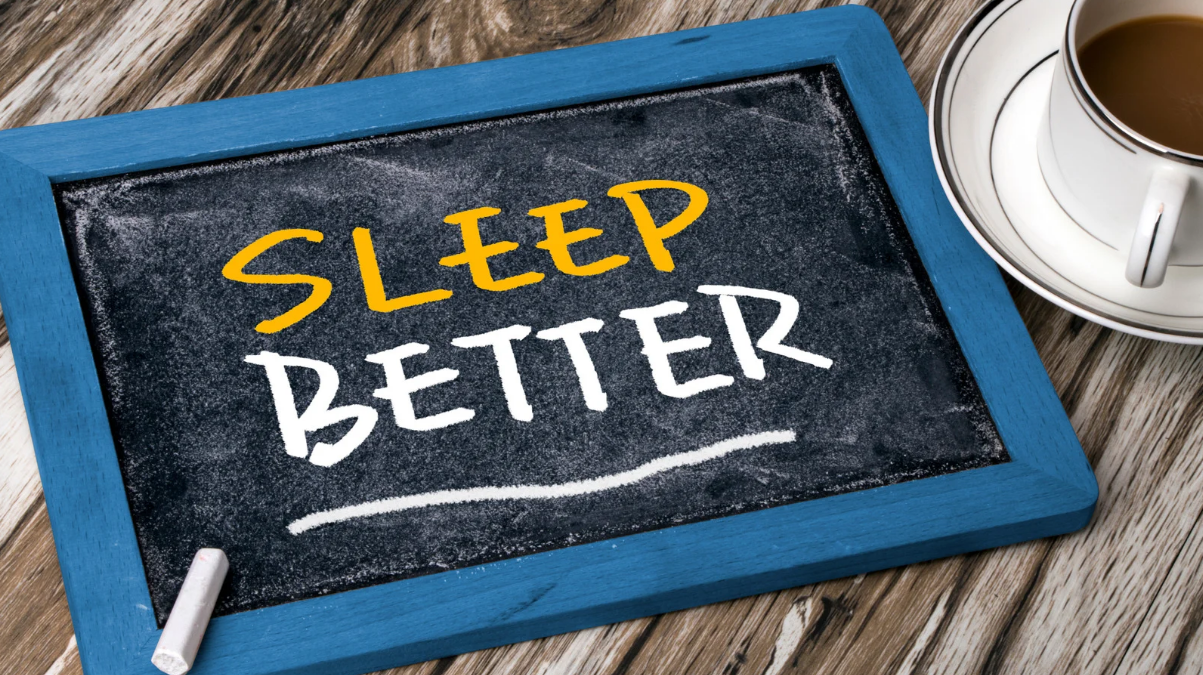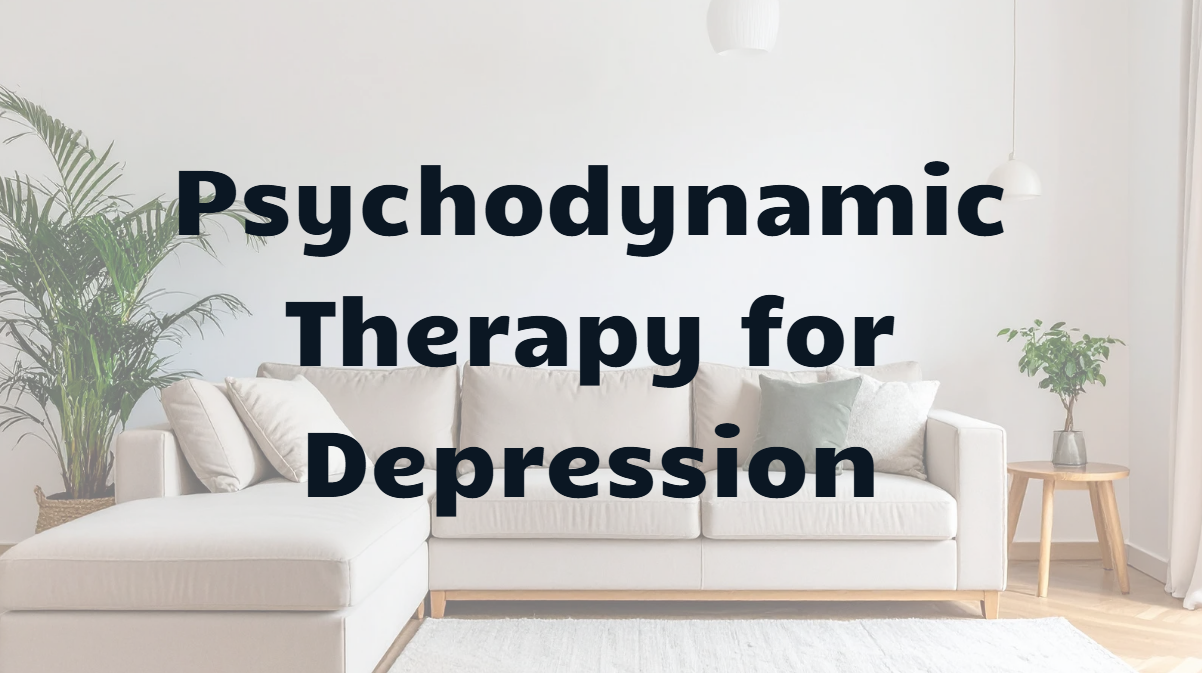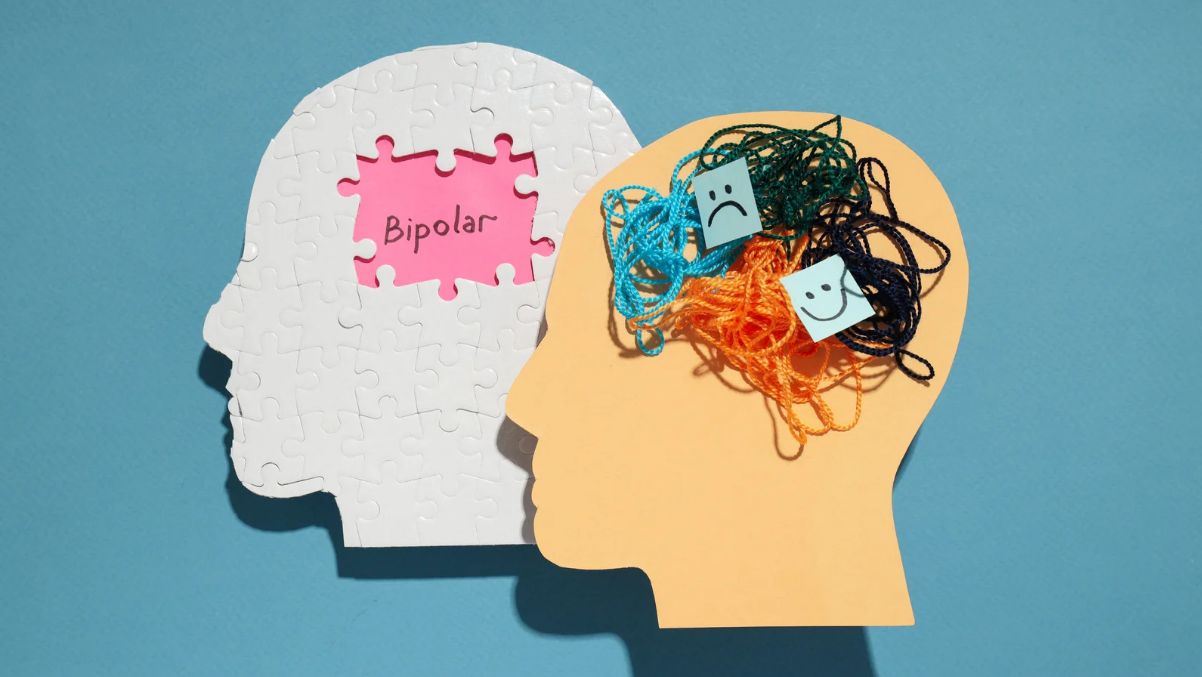If you’re tired of tossing, turning, and waking up groggy, you’re not alone. Millions of people struggle to get better sleep every night, unsure why their bodies refuse to rest even when they feel exhausted. Poor sleep doesn’t just make mornings miserable—it affects your physical health, mood, memory, and long-term well-being.
The truth is, quality sleep is not a luxury—it’s essential. Both your body and mind have specific needs that must be met to achieve restorative rest. When even one of these needs is overlooked, sleep problems can follow. In this guide, we’ll explore what really happens when you can’t sleep, what your brain and body require for deep, rejuvenating rest, and practical habits you can adopt to finally get better sleep and wake up truly refreshed.
Why Sleep Matters More Than You Think
Sleep is more than just “shutting down” for the night. It’s an active biological process that allows your body and mind to restore themselves.
- The sleep stages: Light sleep transitions you into rest, deep sleep repairs tissues and strengthens immunity, while REM sleep supports learning and emotional balance. Missing any stage throws off the whole cycle.
- Physical benefits: Sleep balances hormones, regulates appetite, and lowers your risk of heart disease and diabetes.
- Mental benefits: A well-rested brain manages stress, sharpens focus, and helps regulate emotions.
What happens without enough sleep?
Short-Term Effects
Missing even a few hours of sleep can quickly throw your body and brain off balance. Some common short-term consequences include:
- Irritability and mood swings: Sleep deprivation lowers emotional regulation, making you more reactive to stress, conflict, and even minor inconveniences.
- Brain fog and reduced focus: Concentration, problem-solving, and decision-making suffer. Driving or working on little sleep can mimic the effects of being mildly intoxicated.
- Memory lapses: Without enough REM sleep, your brain struggles to process and store new information, which affects both short- and long-term memory.
- Weakened immune system: Even one night of poor sleep reduces your body’s ability to fight off infections like colds and flu.
- Decreased coordination and slower reflexes: Sleep loss makes accidents more likely, whether at work, on the road, or during physical activity.
- Increased appetite and cravings: Sleep deprivation raises ghrelin (hunger hormone) and lowers leptin (satiety hormone), leading to overeating—often of high-carb, high-sugar foods.
Long-Term Effects
When poor sleep becomes chronic, the risks grow far more serious, affecting nearly every system in the body:
- Mental health disorders: Consistently inadequate sleep is strongly linked to higher rates of depression, anxiety, and even suicidal thoughts.
- Cardiovascular disease: Sleep loss raises blood pressure and increases inflammation, contributing to heart disease, stroke, and arrhythmias.
- Metabolic problems and obesity: Chronic sleep deprivation interferes with insulin sensitivity and metabolism, increasing the risk of weight gain and type 2 diabetes.
- Hormonal imbalances: Sleep regulates hormones that control stress, growth, reproduction, and appetite. Ongoing deprivation disrupts these balances, causing fatigue and mood instability.
- Neurodegenerative risks: Long-term poor sleep is associated with an increased risk of Alzheimer’s disease and other forms of dementia, since the brain cannot efficiently clear toxic waste without deep sleep.
- Shortened lifespan: Numerous studies suggest chronic sleep deprivation is linked to a higher risk of premature death.
The Root Causes of Poor Sleep
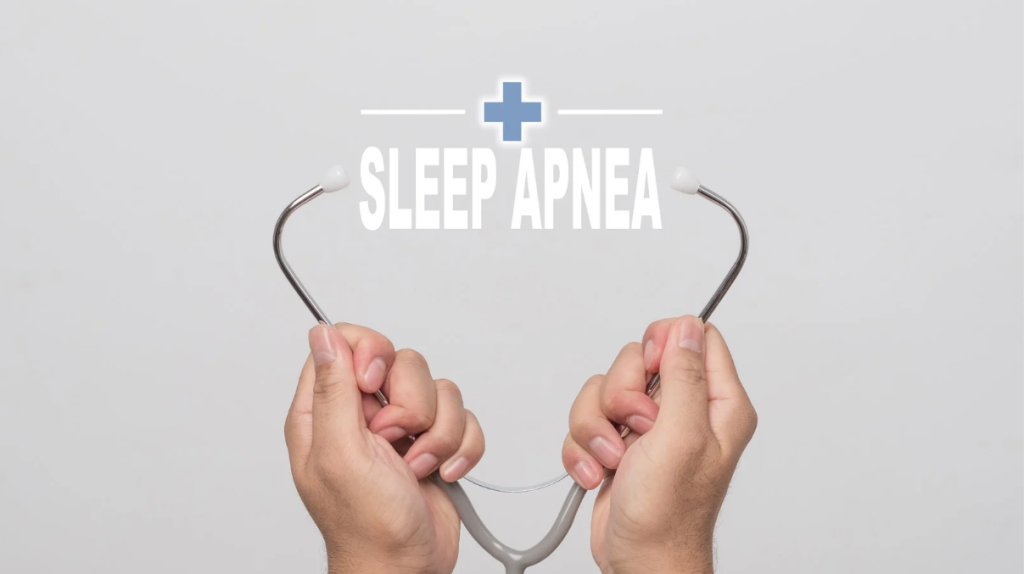
If you’ve tried going to bed earlier but still can’t sleep, you’re not lazy or broken. Sleep struggles almost always trace back to root causes.
1. Mental health connections
Anxiety and depression can trigger racing thoughts or frequent night wakings. Stress hormones like cortisol stay elevated, signaling your brain to stay alert instead of drifting into rest.
2. Physical health conditions
- Sleep apnea: pauses in breathing that repeatedly jolt you awake.
- Restless leg syndrome: uncomfortable sensations in the legs at night.
- Chronic pain: aches that make it hard to stay asleep.
3. Lifestyle disruptors
Late caffeine, alcohol close to bedtime, and constant exposure to screens all interfere with melatonin production and natural rhythms.
4. Environmental factors
Too much noise, light, or an uncomfortable room temperature can quietly sabotage even the most tired sleeper.
Understanding What Your Body Needs for Sleep
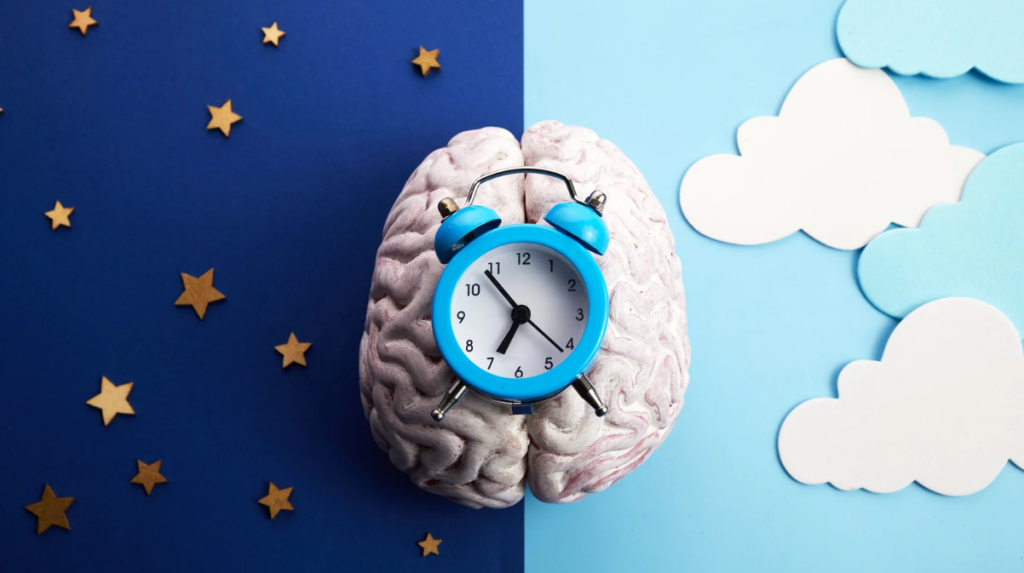
Your body is wired with systems that dictate when you feel awake and when you feel drowsy. Supporting them is key.
1. Consistent circadian rhythm
Going to bed and waking up at the same time daily teaches your body when to release melatonin, the sleep hormone. Even a one-hour shift can throw you off.
2. Sleep pressure
Adenosine builds up throughout the day to create “sleep pressure.” Too much caffeine blocks this signal, leaving you alert at bedtime.
3. Nutrition matters
- Foods that help: bananas, almonds, turkey, oatmeal, herbal teas.
- Foods that disrupt: spicy meals, processed sugar, late-night caffeine.
4. Exercise and activity
Moderate daily movement improves sleep quality, but vigorous workouts too close to bedtime may keep you wired.
5. Hydration balance
Drink enough water during the day, but avoid chugging fluids right before bed to minimize bathroom trips.
Understanding What Your Mind Needs for Sleep
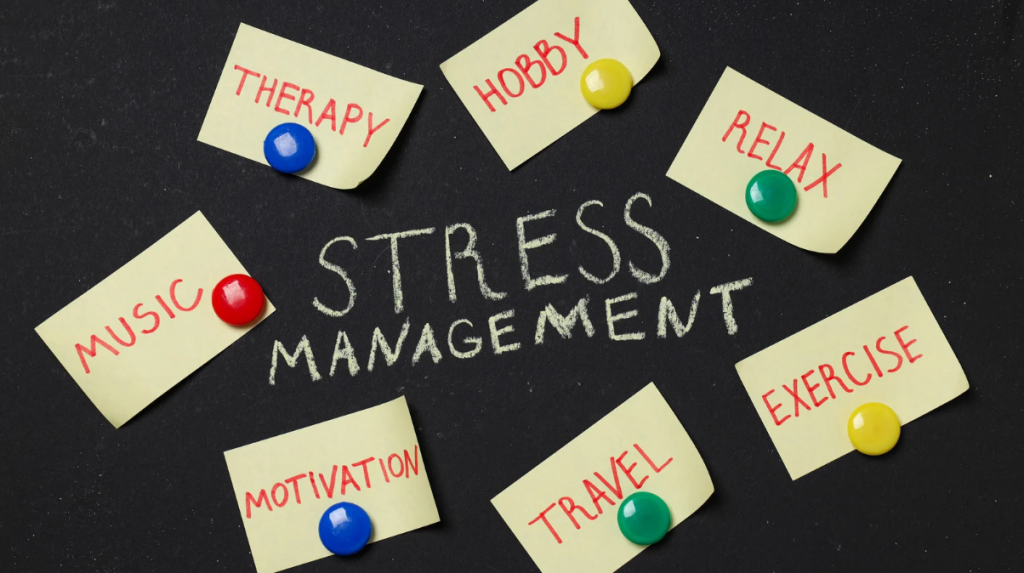
Your brain doesn’t just “shut off” when you decide—it needs the right mental environment.
1. Stress management
If your thoughts are racing, your body remains in fight-or-flight mode, which blocks sleep.
2. Relaxation before bed
Wind-down routines tell your brain it’s time for rest. Examples include:
- Journaling your thoughts to release mental clutter.
- Meditation or deep breathing.
- Gentle yoga or stretching.
3. Mental associations with your bed
Using your bed for TV, work, or scrolling trains your brain to link the bed with alertness instead of rest. Reserve your bed only for sleep and intimacy.
4. Cognitive-behavioral strategies (CBT-I)
Cognitive Behavioral Therapy for Insomnia (CBT-I) helps reframe unhelpful thoughts (“I’ll never fall asleep”) and retrains your mind to relax.
Get Better Sleep: Healthy Sleep Hygiene Habits That Actually Work

Good sleep hygiene doesn’t mean perfection—it means consistency.
1. Stick to a Schedule
Going to bed and waking up at the same time every day—even on weekends—helps regulate your body’s internal clock. When your brain knows what to expect, it begins releasing melatonin (the sleep hormone) at the right time, making it easier to fall asleep naturally. Constantly shifting your sleep schedule, on the other hand, confuses your circadian rhythm and can make you feel like you’re in a permanent state of jet lag.
Pro tip: Set a consistent wake-up time first (even if your bedtime isn’t perfect yet). Over a few weeks, your body will start to align bedtime with your morning rhythm.
2. Optimize Your Bedroom
Your bedroom should be a sanctuary for sleep. The three most important environmental factors are temperature, light, and noise.
- Keep the room cool—ideally between 65–68°F (18–20°C)—since your body naturally lowers its temperature to prepare for rest.
- Block outside light with blackout curtains or an eye mask, as even small amounts of light can disrupt melatonin production.
- Use earplugs, white noise, or a fan to drown out disruptive sounds.
Extra tip: Reserve your bedroom only for sleep and intimacy. This creates a powerful mental association that tells your brain, when I’m here, it’s time to rest.
3. Limit Blue Light
Screens—whether phones, tablets, or laptops—emit blue light that tricks your brain into thinking it’s still daytime. This suppresses melatonin and keeps your mind alert long after you’ve turned the lights off. Aim to stop using screens at least an hour before bed.
If you must use electronics:
- Turn on night mode or blue-light filters.
- Wear blue-light-blocking glasses in the evening.
- Switch to calming activities that don’t involve screens, like reading a paperback, stretching, or listening to music.
This small shift can dramatically improve how quickly you fall asleep.
4. Evening Rituals
Wind-down routines aren’t just about relaxation—they condition your brain to recognize bedtime cues. Consistency matters here: doing the same calming activities each night creates a signal to your nervous system that it’s time to transition from activity to rest.
Examples include:
- Dimming lights about an hour before bed.
- Reading a book that’s engaging but not overly stimulating.
- Drinking a warm, non-caffeinated beverage such as chamomile tea or warm milk.
- Practicing deep breathing, journaling, or gentle yoga stretches to release tension.
Over time, your body will start to anticipate sleep once you begin these rituals, making the transition smoother.
5. Sleep Environment
Your bed itself plays a huge role in sleep quality. A mattress that’s too firm, too soft, or simply worn out can cause back pain, restless nights, and frequent tossing and turning. Likewise, a supportive pillow helps keep your spine aligned, reducing neck and shoulder strain.
Quick checklist:
- Mattress: replace every 7–10 years or sooner if sagging.
- Pillow: supportive, not flat, and replaced every 1–2 years.
- Bedding: breathable fabrics like cotton or bamboo to regulate temperature.
Think of your bed as an investment in your health—because that’s exactly what it is.
When to Seek Professional Help
Sometimes self-care isn’t enough—and that’s okay.
Red flags of a sleep disorder
- Snoring loudly or waking up gasping.
- Severe daytime sleepiness despite enough hours.
- Trouble falling or staying asleep most nights for weeks.
How doctors help
- Primary care providers can order lab tests, check for underlying conditions, and screen for sleep apnea.
- Mental health professionals can provide therapy for anxiety, depression, or insomnia.
Myths vs. Facts About Sleep

Myth 1: Everyone needs exactly 8 hours.
Fact: Sleep needs vary. Some thrive on 7 hours, others need closer to 9.
Myth 2: Alcohol helps you sleep.
Fact: Alcohol may make you drowsy but disrupts REM sleep, leading to poorer rest.
Myth 3: More sleep is always better.
Fact: Oversleeping is linked to depression, fatigue, and metabolic issues.
Myth 4: You can “catch up” on weekends.
Fact: Extra sleep helps a little, but chronic sleep debt can’t be fully reversed.
Conclusion: Restoring Balance in Mind and Body
Getting better sleep isn’t about one quick fix—it’s about meeting the needs of both your body and your mind. Your body depends on consistent rhythms, nourishing food, and a comfortable environment, while your mind needs calm, predictability, and positive associations with rest. When both systems are supported, your nights become more restorative and your days more energized. Start small—set a regular sleep schedule, wind down before bed, and limit screen time. These simple changes create a ripple effect, helping you feel more focused, emotionally balanced, and physically healthier. And if you’ve tried everything but still struggle, seeking guidance from a primary care provider or mental health professional can uncover deeper causes and help you get back on track.
You can count on Stay Healthy! LLC to be that trusted partner in your journey toward better sleep and overall wellness. Offering both psychiatry services and a direct primary care membership, their reliable and genuine staff provide comprehensive support for both mind and body. Whether you need help managing stress, addressing medical concerns, or creating a personalized care plan, they’re here for you. Visit them at 325 John Knox Rd Building D Suite 101, Tallahassee, FL 32303, or call (850) 329-2932 to take the first step toward restoring balance and living well.

